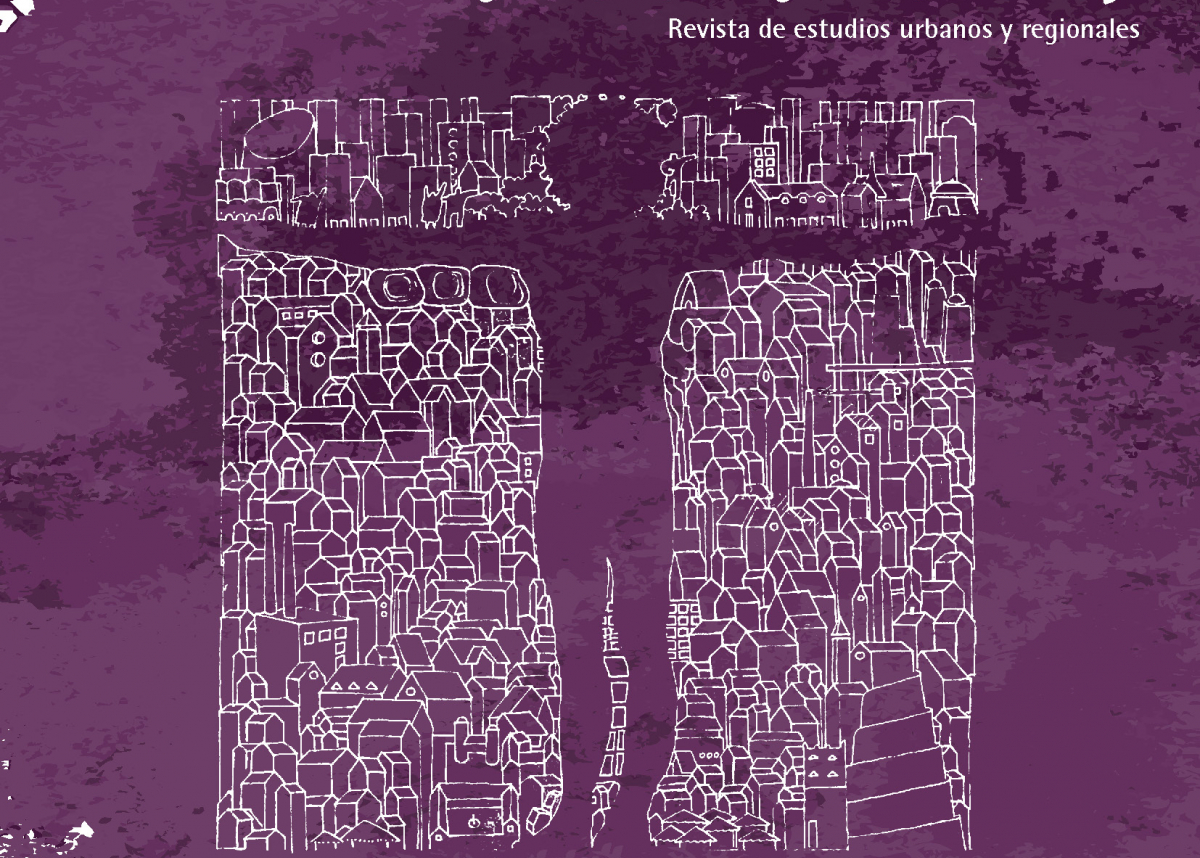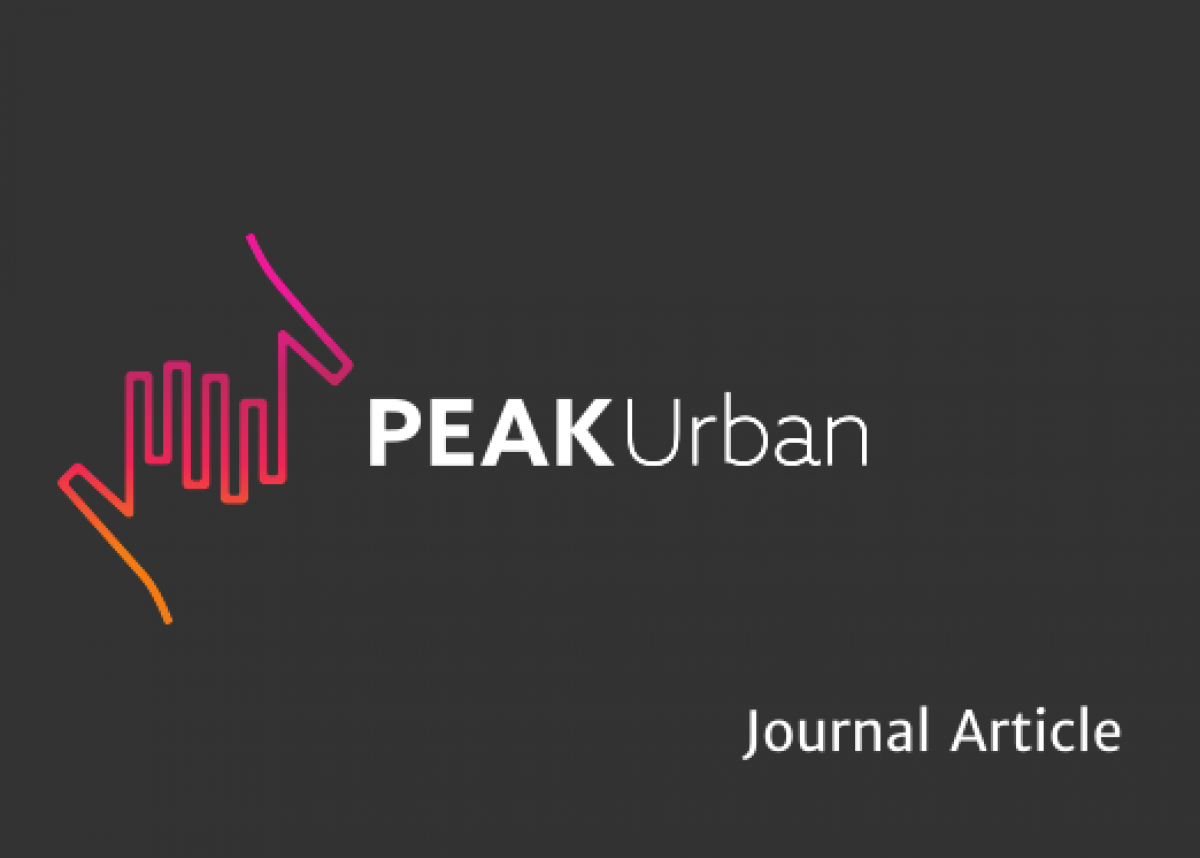
THE CHALLENGE
Cities are not seen simply as sites for sustainable development action anymore, but as the drivers of global environmental change. Thinking of lasting and impacting transitions, cities must be seen as contexts for the development and improvement of solutions to urban problems, not only as recipients of external solutions. However many so-called solutions have been criticized as “lifestyle imperialism”; many times the idea of how a city must be in order to be sustainable is imposed by a ruling elite.
Specifically, with the definition of the SDGs, and with the urban SDG in particular, the role of cities has gained an important place in global discussions on sustainable development. Various SDGs demand implementation at the urban level, which requires strong local actor involvement, sharing and learning across contexts, working collaboratively, and translating successful practices to fit local contexts. There is a need to strengthen existing governance mechanisms that have proven to work, and design new ones that consider bottom-up knowledge as an essential condition to address salient challenges.
OUR APPROACH
Cities in the global south, where most of the world’s urban population lives, are recognized as fundamental to discussions about the relationship between local places and global processes. Southern urbanism could provide ideas and solutions that are useful to cities in the Global South that share similar urbanization processes and face similar challenges (Barnett and Parnell, 2016).
In this project , we are interested in analyzing so-called transitional cities, i.e. those that are experiencing slowing population growth rates, are located in countries that are more than 50% urbanized, and are more prepared than emerging cities to respond financially and organizationally to the challenges they face.
The aim of this project is to understand the dynamics of SDG implementation and monitoring at the local (city) level in the context of transitional cities in the Global South. To fulfil this aim, we will investigate:
- In which ways can local actors integrate the SDGs in their strategies, policies and practices considering their particular contexts and needs
- How can relevant local actors be better involved in SDG implementation and how can collaboration be organized?
- Which methodologies can help local actors assess their capacities in order to evaluate and strengthen their strategies and implement SDGs?
LATEST DEVELOPMENTS
The SDG localization process, led by the Medellin planning department and supported by the private sector, resulted in the identification of 16 SDGs, 110 targets and 190 indicators applicable to the city. However, territorial planning instruments, recognized by the UN as important mechanisms for the achievement of SDGs (i.e. in the Global 2030 Agenda and the New Urban Agenda), do not include a coherent framework that can help the city advance its implementation strategy and transcend municipal administrations. This is a surprise (and an opportunity), considering the vast–generally positive–experience that Medellin has with these tools, which, have put it in the international map of good urban transformation examples. Medellin is today a recognized benchmark for territorial planning for many cities in the Global South.
We have identified second and third-level territorial planning instruments as efficacious tools to support SDG implementation in Medellin. We are working to include an SDG scheme in the Planning Department’s preliminary studies for the diagnosis and formulation of one of the city’s Macroproyectos, which can pave the way for smaller-scale projects that can transform realities in the short and mid-term.
This inclusion would define the way in which SDGs will be included in territorial planning instruments already from the initial phases, facilitating implementation, monitoring and reporting, and strengthening the city’s commitment to international sustainability agendas.
People













